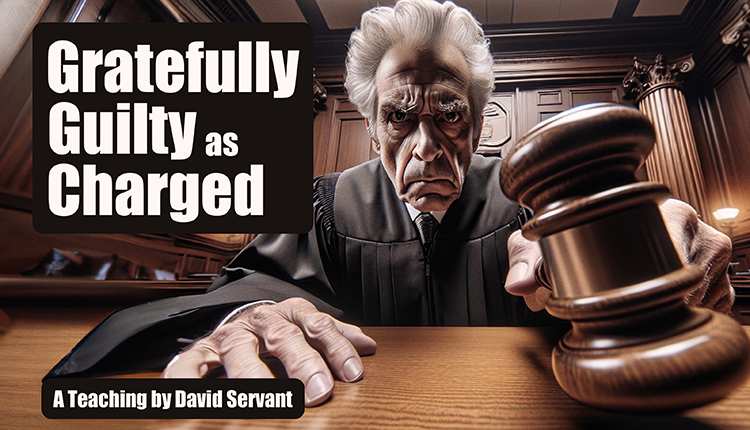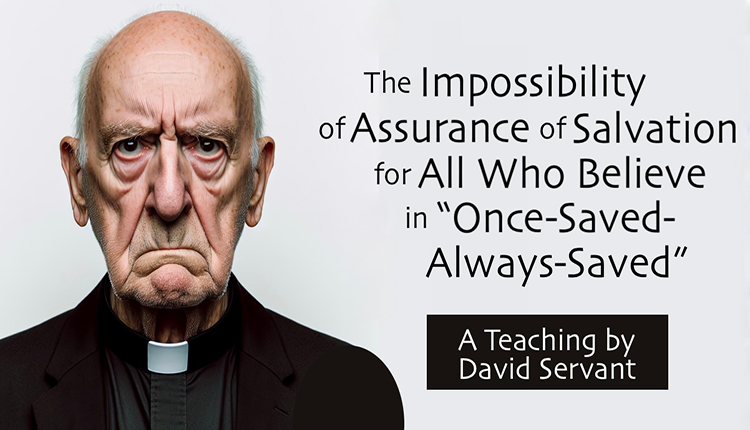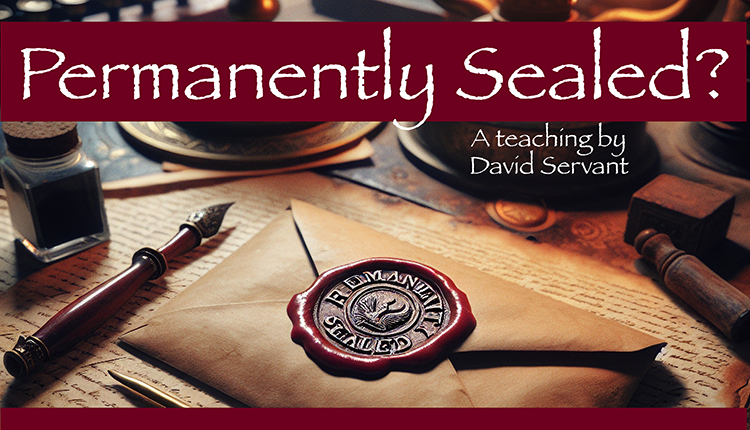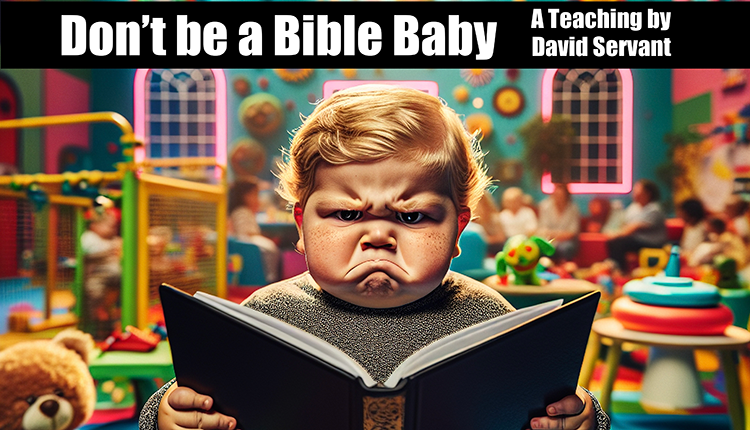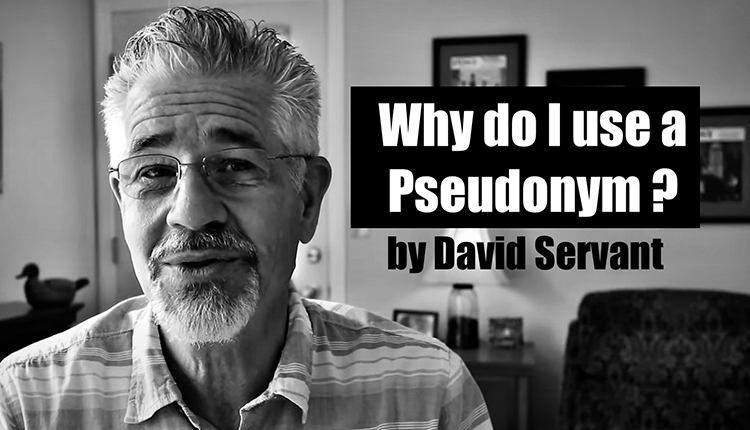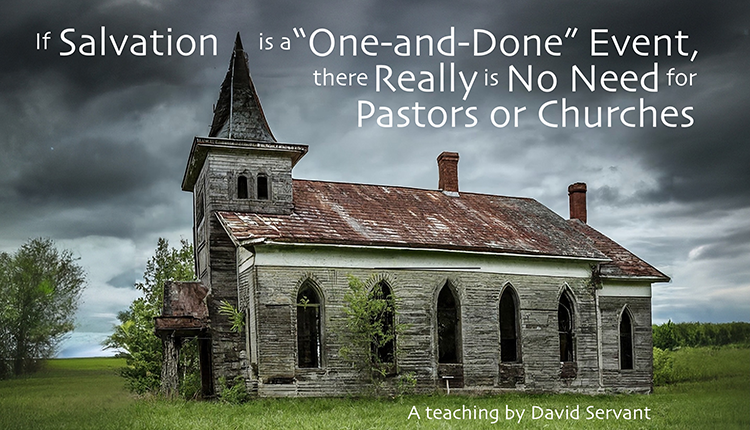
In contradiction to scores of New Testament scriptures, it is believed in many Christian circles that salvation is a “one-and-done” event. That is, if someone believes in Jesus at any point in their life, that one-time event seals their salvation for eternity, regardless of whether they continue in faith or obedience.




